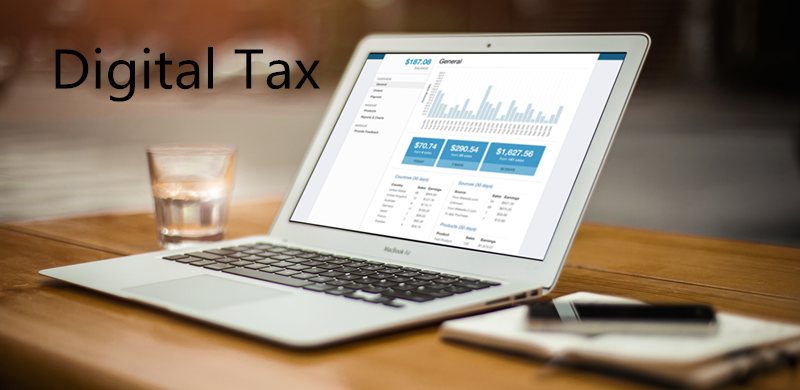At the beginning of 2015, EU, the European Union,
is considering introducing a new reform of increasing taxes on many purchases
of digital content.
The following areas are contained in the new
Digital Tax if the reform passes:
Property prices and rental rates will take a hit as
regions with lower Digital Tax will experience an increase in demand.
Premium VoIP services like Microsoft’s Skype will
increase their tariffs
E-books may become more expensive in the EU
Video Game publishers in the EU might have to raise
prices
Cloud Storage and Movie streaming services with
network architecture in the EU will raise tariffs for customers in the region
The introduction of the Digital Tax is expected to
send them scrambling to decide if the additional cost should be absorbed,
passed on, or shared with the consumer. The ways in which the general public
will be affected is more than plenty.
The law is expected to finalize, and the digital
tax would be pass on to consumers by internet service publishers and providers
without doubt. Under the new rules, the tax rate on digital services will be
determined by where consumers live, and not where the company selling the
product has its European headquarters.
Microsoft, Apple, Amazon and Rovio are among the
many giants that chose Luxembourg to base their European Head Quarters in light
of the low taxes in the region. At the same time, Google, PayPal, Facebook,
Twitter, LinkedIn, and Zynga also have operations in Dublin.
But how to confirm the information of where
consumers live that goes through the internet? As a lot of people surf the
internet anonymously by using proxy, such as vpn service. After connecting to
VPN servers, their IP is changed, making them look like from some EU country, but
they actually reside other regions, for example China. If the consumer buys
with PayPal registered in German, but the server information shows his location
is America. Seems many factors need to consider...







